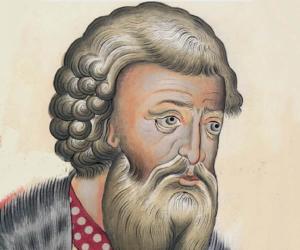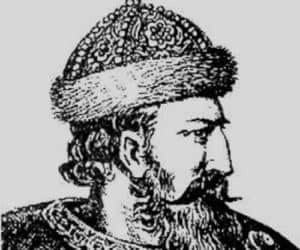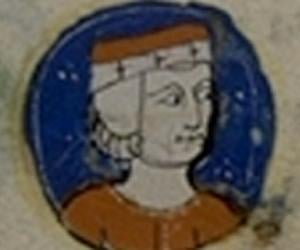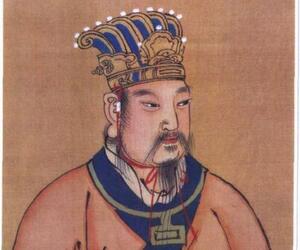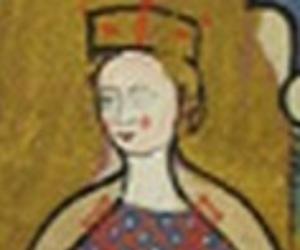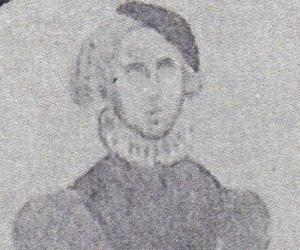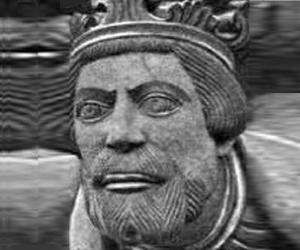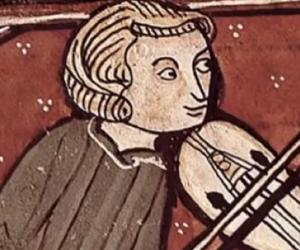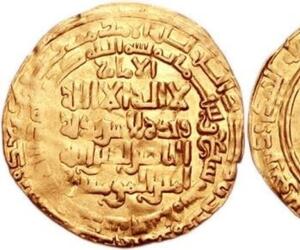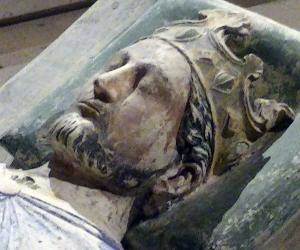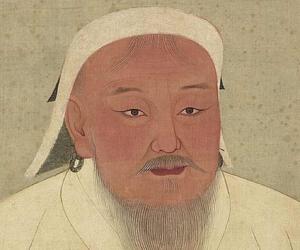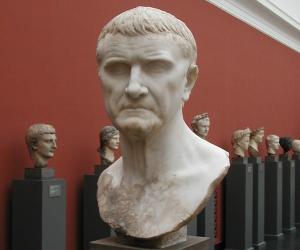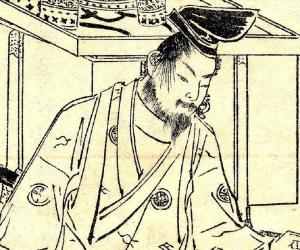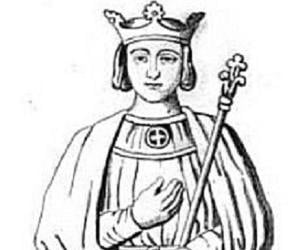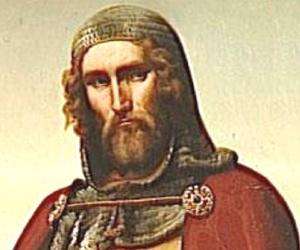The founder and first Great Khan and Emperor of the Mongol Empire, Genghis Khan is often considered to be the greatest conqueror of all time. A brutal ruler, he enjoyed exceptional military successes and occupied a substantial portion of Central Asia and China. Besides his military accomplishments, he is also credited with revitalizing the Mongol Empire's writing system.
Roman general and politician Marcus Licinius Crassus played a key role in the transformation of the Roman Republic into the Roman Empire. A patron of Julius Caesar, he became involved in the unofficial political alliance known as the First Triumvirate. An excellent military commander and a wealthy man, he died at the battle of Carrhae.

Fakhr ad-Dīn ar-Rāzī was a Persian polymath and Islamic scholar. He wrote influential works in the fields of cosmology, astronomy, physics, medicine, chemistry, theology, ontology, literature, history, philosophy, and jurisprudence. A person way ahead of his time, Fakhr ad-Dīn ar-Rāzī was one of the earliest champions of the concept of Multiverse and argued about the actuality of the outer space.
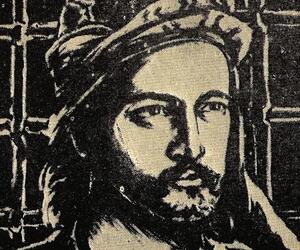
Shahab al-Din Yahya ibn Habash Suhrawardi was a Persian philosopher who founded the Iranian school of Illuminationism, an important school of thought in Islamic philosophy. He thought of himself as a reviver or resuscitator of the ancient tradition of Persian wisdom and produced his magnum opus, The Philosophy of Illumination at the age of 32.
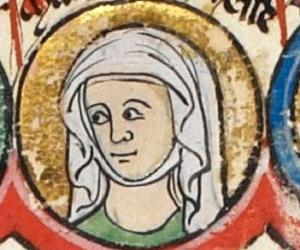
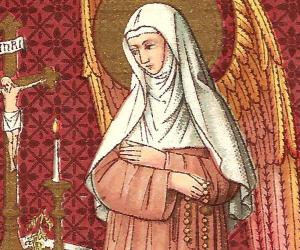
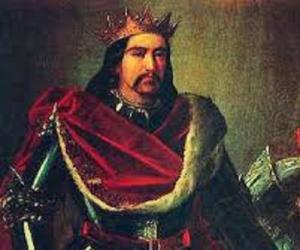
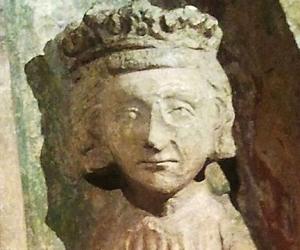
Initially the duke of Bohemia, Ottokar I later took over as the king of Bohemia. His title was confirmed by Frederick II’s famous decree, the Golden Bull of Sicily, and he became a member of the house of Přemysl. He had a major role to play in the development of towns in Bohemia.
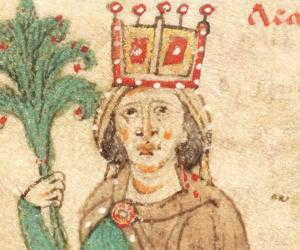
Constance, the queen of Sicily, avoided marriage till age 30 due to a prophecy. She later became the Holy Roman Empress, through her marriage to emperor Henry V, and gave birth to her only child, Frederick, at 40. Following Henry’s death, she successfully got her son crowned as the Holy Roman Emperor.
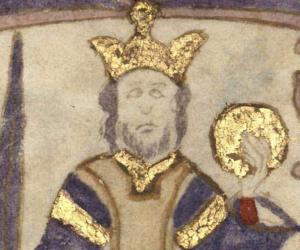
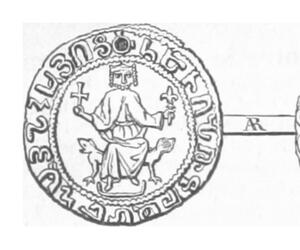
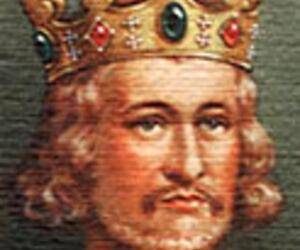
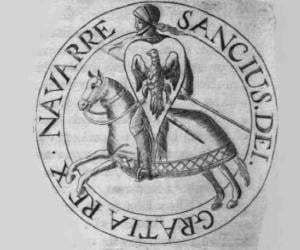

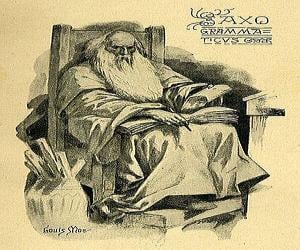
Saxo Grammaticus was a Danish theologian, historian, and author. He is credited with authoring the first full history of Denmark, Gesta Danorum. The book houses the legend of Amleth, which inspired William Shakespeare's famous story, The Tragedy of Hamlet, Prince of Denmark.
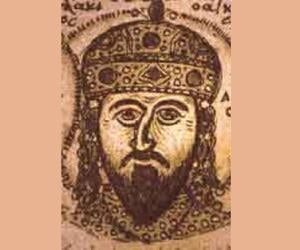
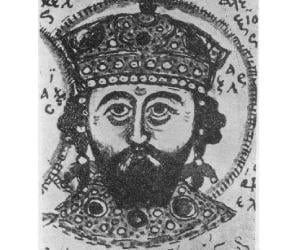
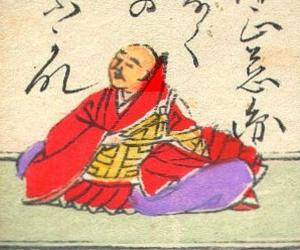
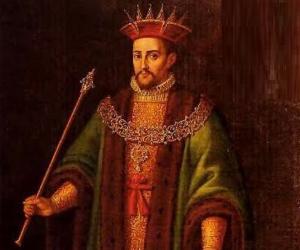
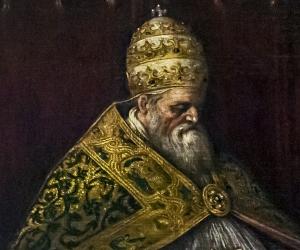
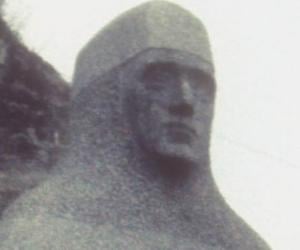

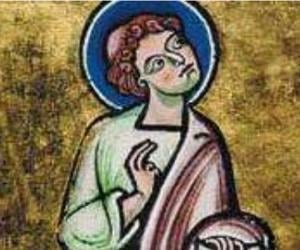
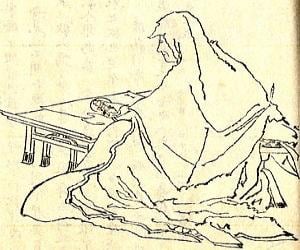
Known as the “nun shogun,” Hōjō Masako was the wife of the first shogun of Japan, Minamoto Yoritomo. The two had fallen in love when Yoritomo was exiled, and she was largely responsible for his military success later. Following Yoritomo’s death, Masako became a nun.

Guy of Lusignan reigned as the king of Jerusalem, through his marriage to Sibylla of Jerusalem, but eventually lost the kingdom to Conrad of Montferrat. Guy later became the lord of Cyprus. He was later immortalized in fiction such as Italian Renaissance writer Giovanni Boccaccio’s Decameron.
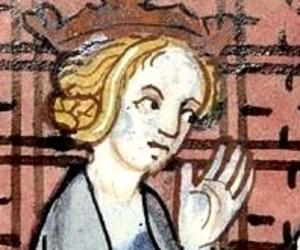

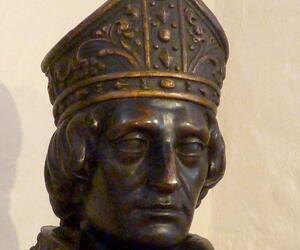
Born to the lord of a Lincolnshire manor, Stephen Langton became a well-known scholar of theology in Paris. His election as the archbishop of Canterbury led to a major conflict between the Church and the royalty, eventually leading to the signing of the Magna Carta.

Byzantine author Theodore Prodromus is remembered for his prose and poetry. Also known as Poor Prodromus, he was initially a monk who went around for alms. He was well known during the reigns of John II Komnenos and Manuel I Komnenos. He was also known for his darks satirical tone in his works.
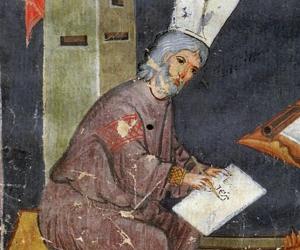

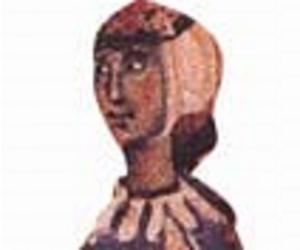


Twelfth-century Welsh poet Cynddelw Brydydd Mawr was chiefly known as a court poet for Madog ap Maredudd of Powys. He later also worked for Owain Gwynedd and Owain Cyfeiliog. Apart from the usual archaic form of traditional bards, he also infused spirituality and religion in his works.
